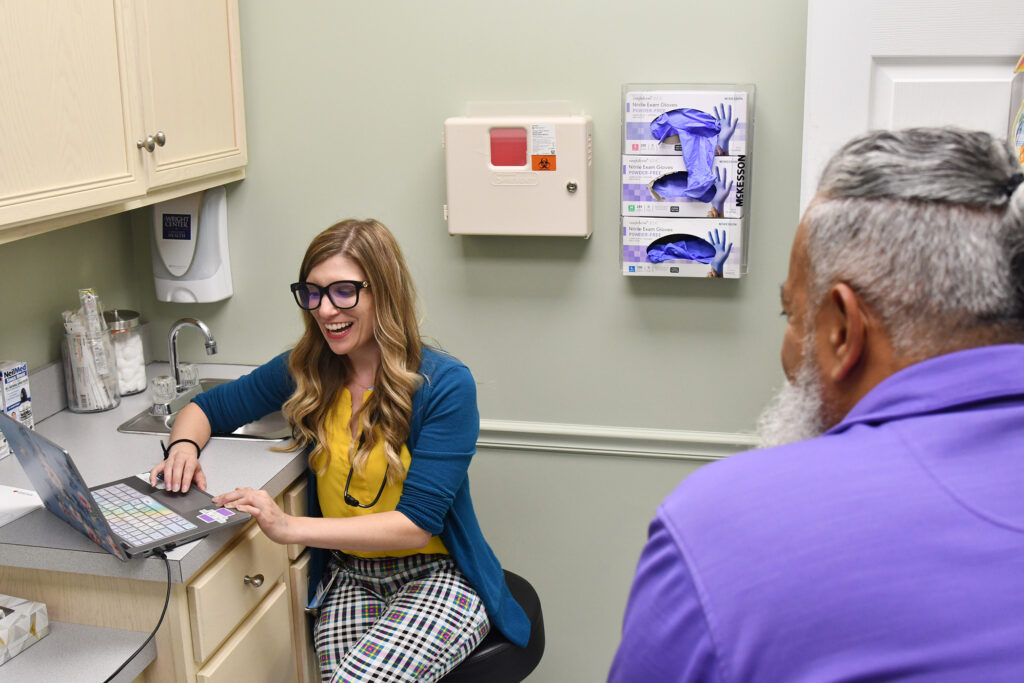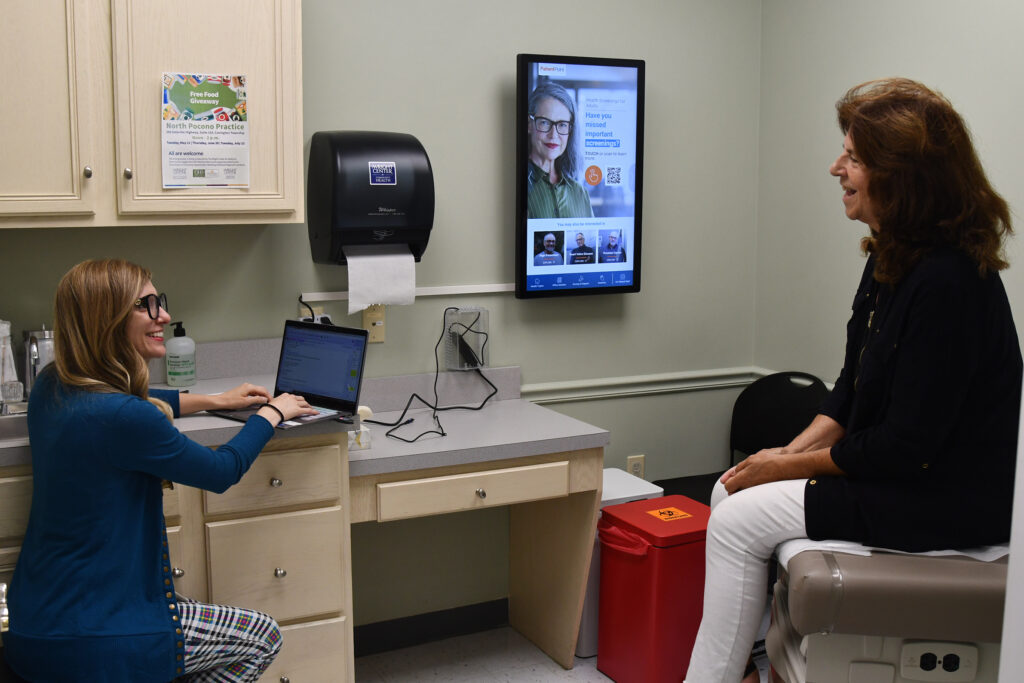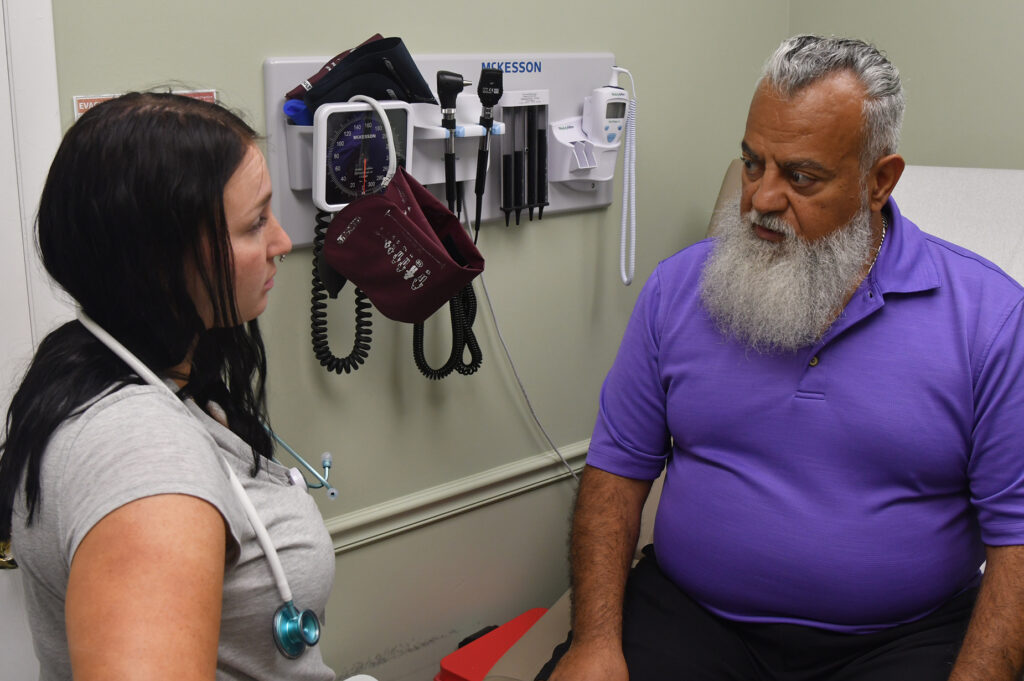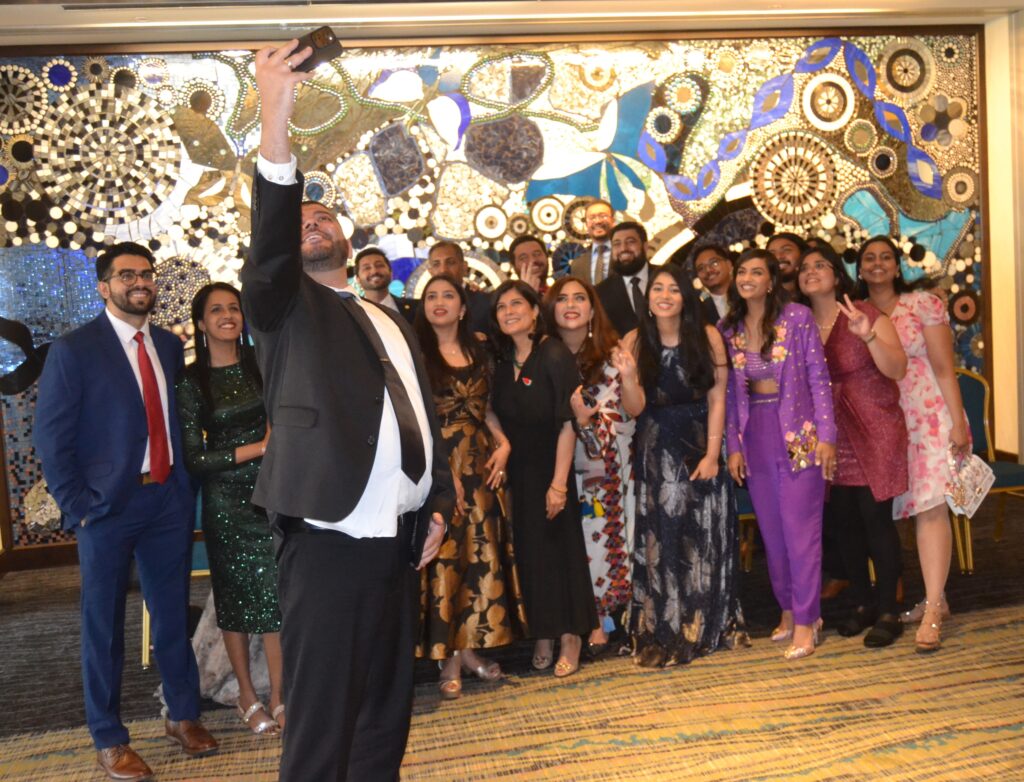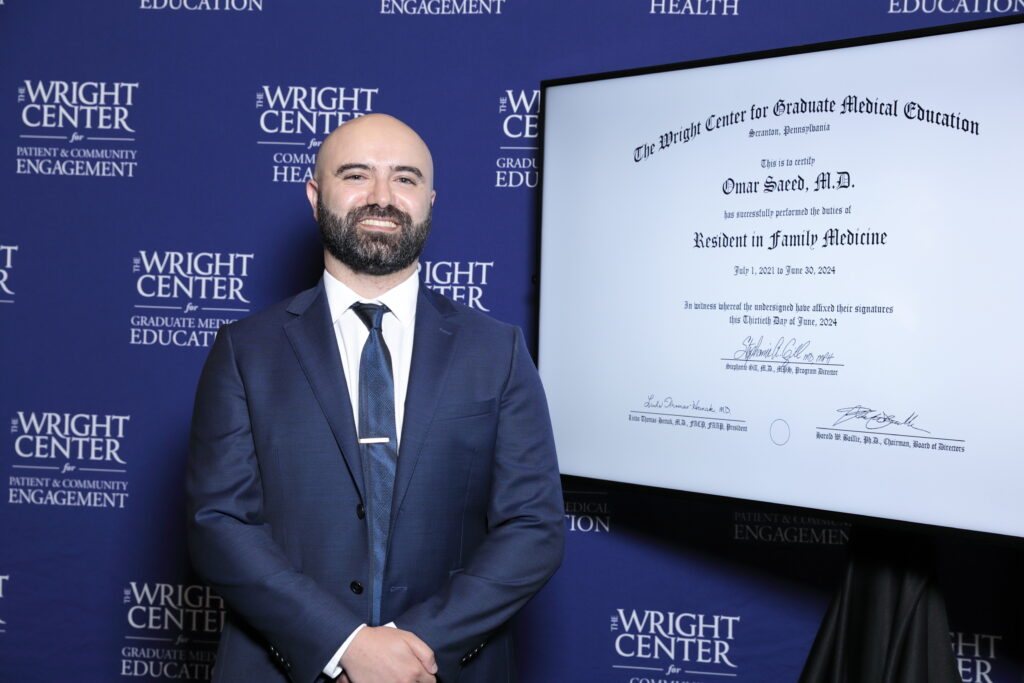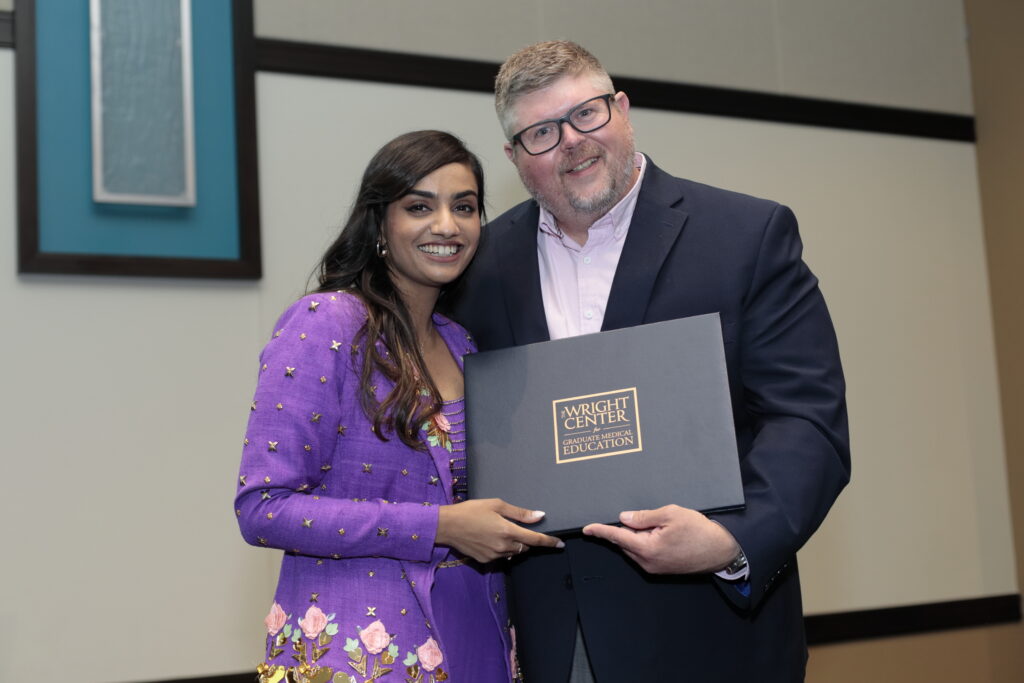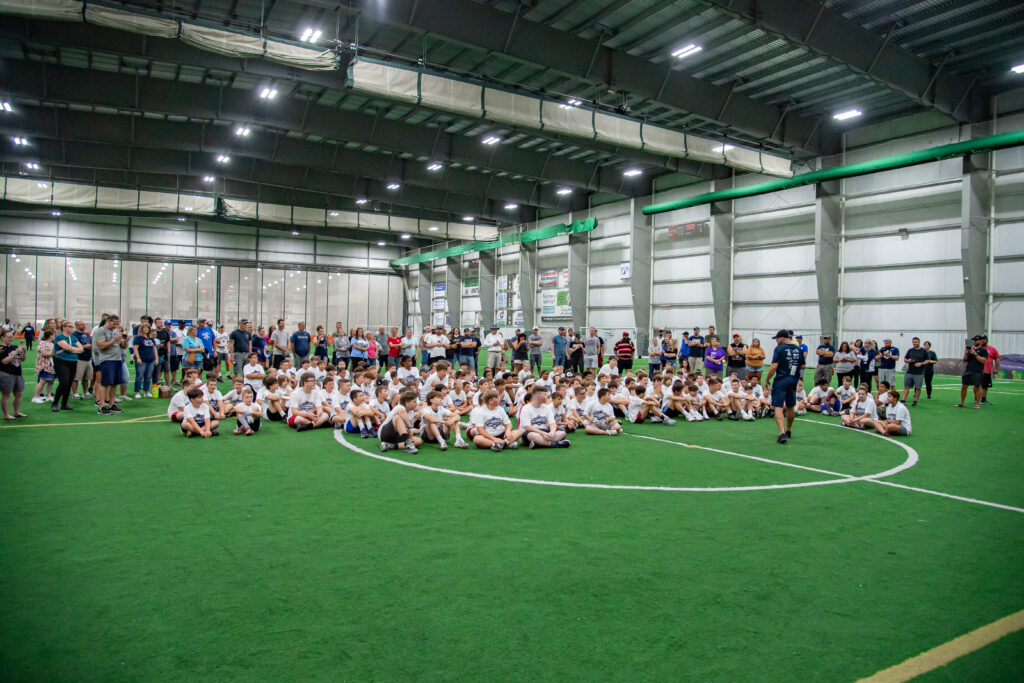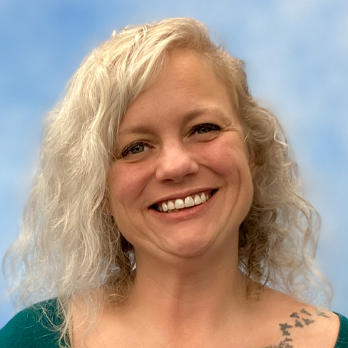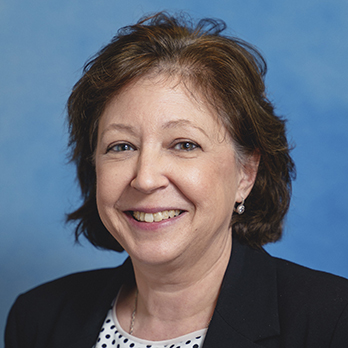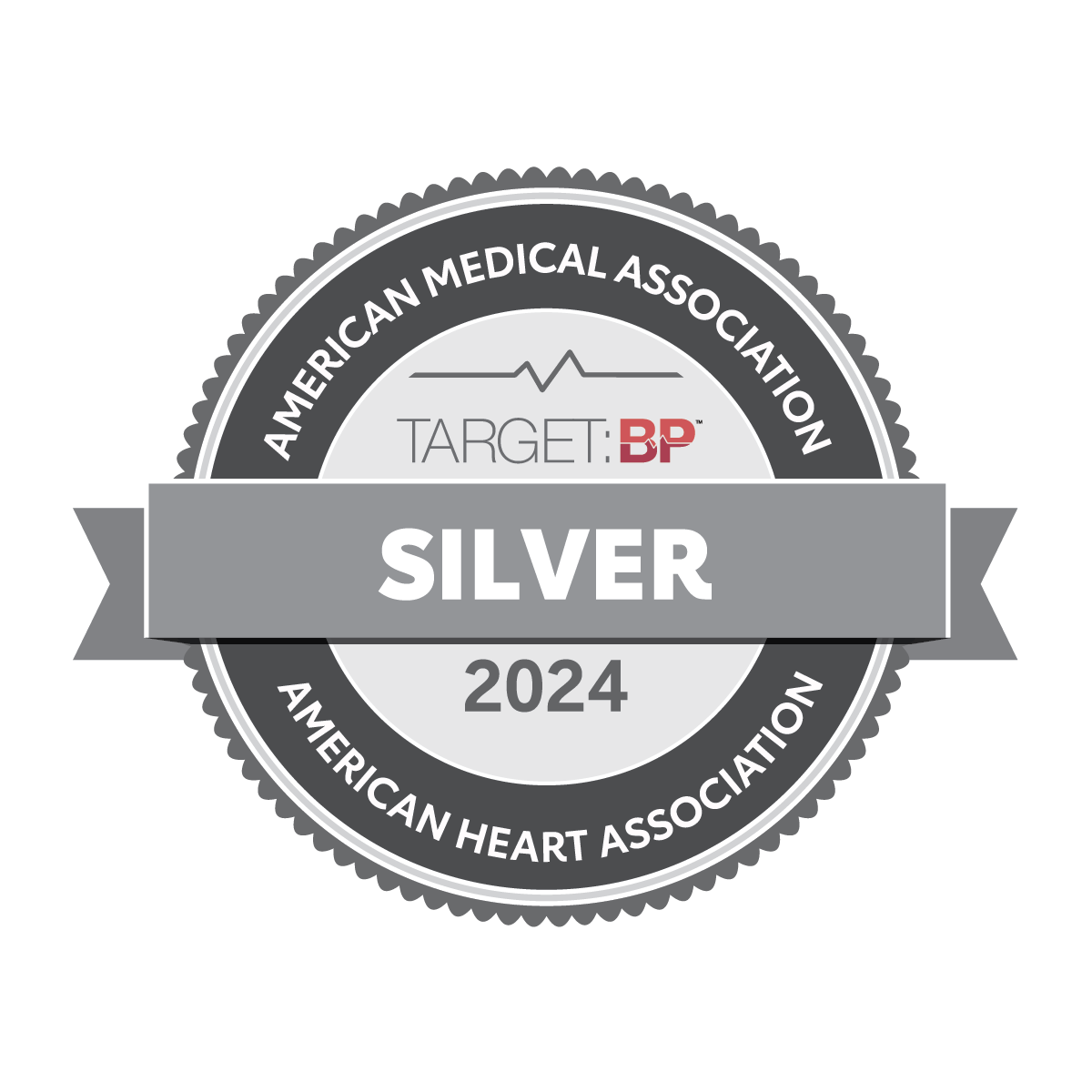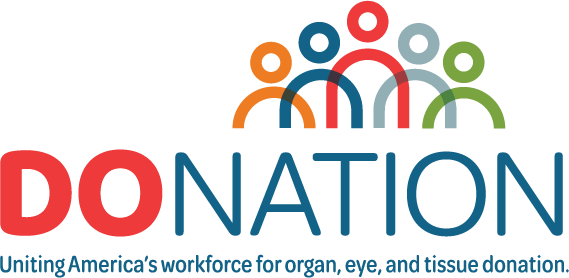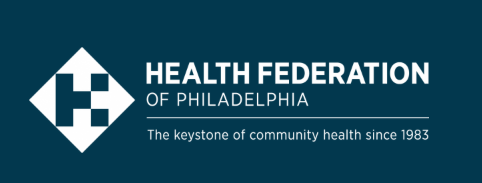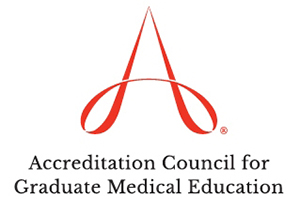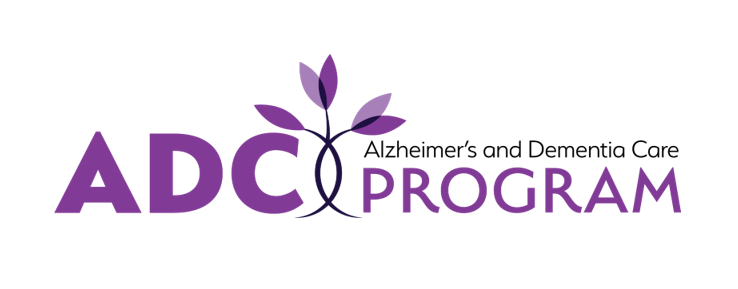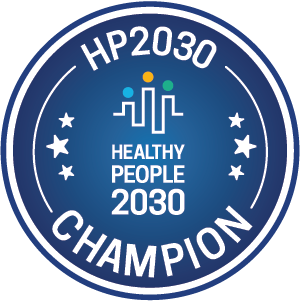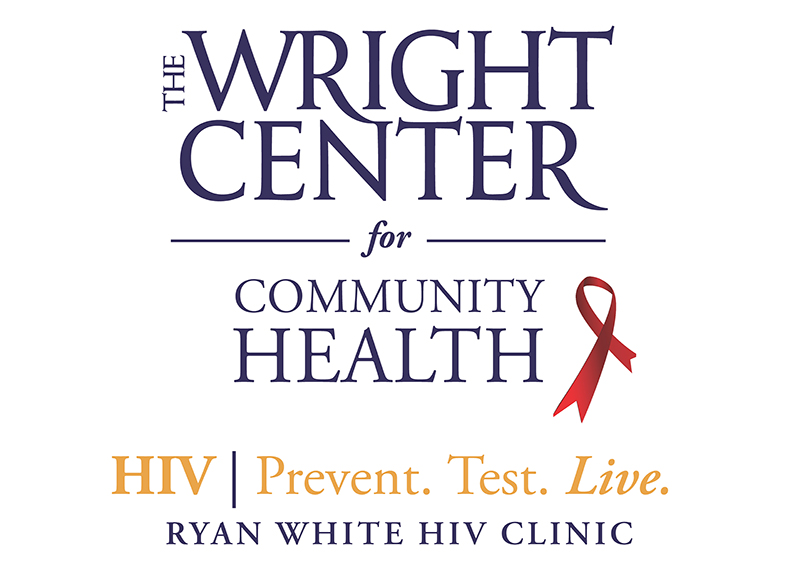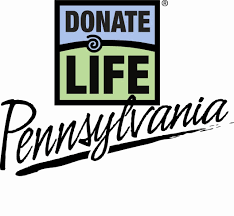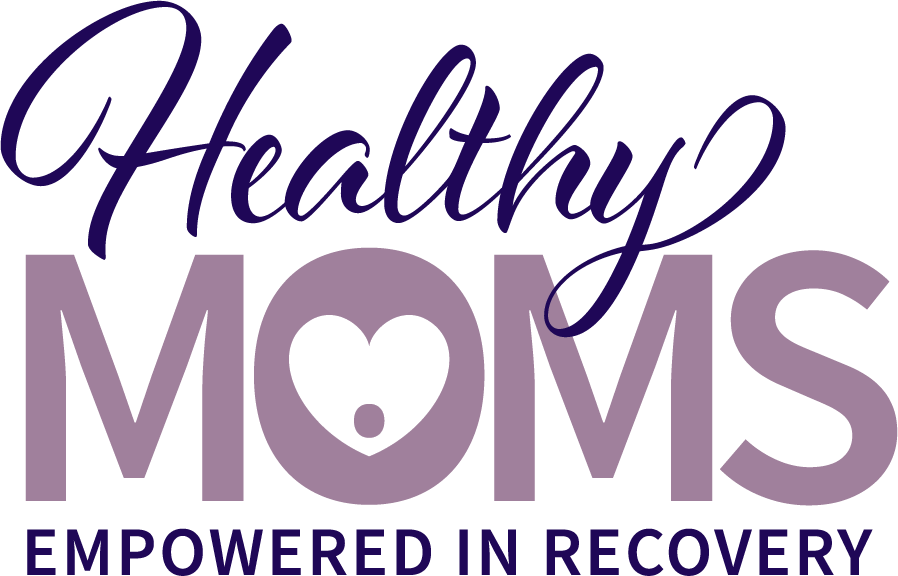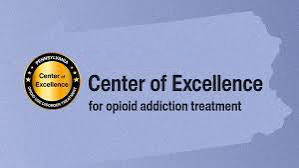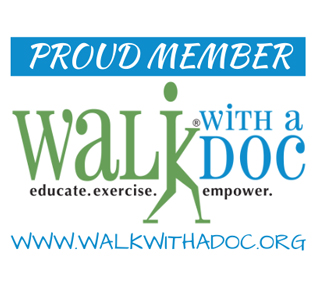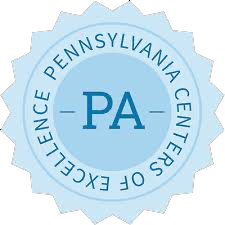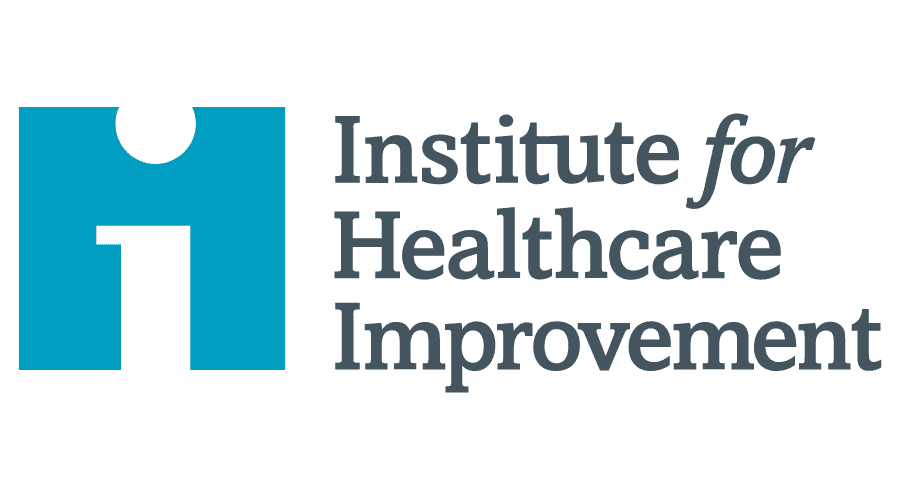The Wright Center for Community Health is expanding access to comprehensive whole-person primary health services in Wyoming County with the opening of a new health center in the former Tyler Memorial Hospital on Monday, Sept. 9.
The Wright Center for Community Health has been providing safety-net primary and preventive care services for underserved populations and communities for decades. Family doctors and advanced care practitioners will offer services for people of all ages, from pediatrics to geriatrics, at the full-service, family-friendly office at 5950 U.S. Route 6, Suite 401.
Based in the Wyoming County Healthcare Center, The Wright Center’s community health center will be open Monday through Friday, 8:30 a.m. to 5 p.m. To schedule an appointment, go to TheWrightCenter.org or call 570-591-5299.
Primary health services include checkups, physicals, screenings, and treatment of common illnesses and injuries. Addiction and recovery services, including medication-assisted treatment, will also be available.

The Wright Center for Community Health is expanding access to comprehensive whole-person primary health services in Wyoming County with the opening of a new health center in the former Tyler Memorial Hospital on Monday, Sept. 9.
Wyoming County businessman Bill Ruark bought the former Tyler Memorial Hospital through a limited family partnership in 2023 and began developing the building as a nonprofit medical facility called Wyoming County Healthcare Center Inc.
“It is critical to have these medical services back in the area,” said Sara Ergott, outreach coordinator for Wyoming County Healthcare Center. “The goal is to make this space a hub for all types of health care services that are not easily accessible for those in our rural region. With the loss of the hospital in 2021 and the retirements of many local health care providers, there is a great need for this building to curb those deficits. The goal is to fill the space with the types of services that are in demand and, in turn, create a happier and healthier community.”
The Ruark family approached leadership at The Wright Center in the fall to discuss adding more services at the Wyoming County Healthcare Center.

Kathleen Barry, deputy chief operating officer of
The Wright Center for Community Health.
“The Wright Center for Community Health responds to the needs of underserved communities in Northeast Pennsylvania by improving access to nondiscriminatory, comprehensive whole-person primary health services,” said Kathleen Barry, deputy chief operating officer of The Wright Center for Community Health.
“The Wright Center is proud to be able to treat patients of all ages, income levels, and insurance statuses. No patient is turned away for lack of health insurance or an inability to pay.
“Our mission aligns perfectly with the Ruark family’s goal for their hometown. We are privileged to work on this mission-driven project with the Ruark family and other community partners,” added Barry.
The Wright Center for Community Health offers a sliding-fee discount program. Based on a family’s size and income level, the program reduces barriers to care and ensures everyone has access to affordable, whole-person primary health services.
With the opening of the Tunkhannock location, The Wright Center for Community Health now has 12 locations in Northeast Pennsylvania, including a mobile medical and dental unit called Driving Better Health.
The Wright Center is a Federally Qualified Health Center Look-Alike with a growing network of community health centers throughout Lackawanna, Luzerne, Wayne, and Wyoming counties. More than 31.5 million people across the nation receive affordable, high-quality health care each year at community health centers like The Wright Center, according to the National Association of Community Health Centers (NACHC).
The community health center initiative, founded by leaders of the U.S. Civil Rights Movement in the 1960s, was envisioned as a way to deliver care in underserved areas such as low-income urban neighborhoods and rural settings. Promoters saw it as a means to improve people’s health while also empowering communities and reducing poverty, as health centers offer access to low-cost or no-cost services as well as family-sustaining employment opportunities.
Today, there are more than 1,400 community health centers and look-alike organizations in the U.S., according to NACHC.


